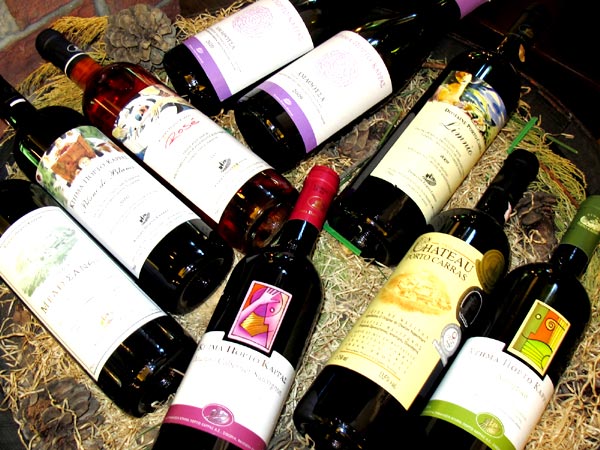Finding wisdom in Greek wines
 |
|
Porto Carras wines include local varietals and an excellent 2006 syrah. [Photo provided to China Daily] |
I am drinking Aristotle's wine.
It probably won't make me smarter - and the third glass is definitely not making me more coherent - but it's fun to know that the history of ancient Greece is not only at my feet but on my lips.
Friends seemed surprised when they heard I was joining a food-and-wine tour of Greece, wondering why I wasn't off to France or Italy for such a gustatory mission. But the land that spawned Western civilization and the Olympic Games also gave us the ultimate symbol of wine appreciation: Bacchus, the merry Greek god who could find the party in any grape.
The first evidence of humans making wine in the area dates back more than 6,000 years, a pedigree of civilization that the Chinese can relate to.
Aristotle's sip of choice was limnio, from the eponymous grape that fueled many a philosophic discussion in those good old days. Like many vines with such deep roots, however, limnio all but disappeared as other grapes came to dominate mass wine production.
An epidemic of phylloxera nearly finished the job, as it wiped out vineyards across Europe early in the 20th century.
But cuttings from limnio vines in other parts of the globe were brought back to the old country, and today the Porto Carras winery has made it a star.
Limnio, with notes of pepper, vanilla, bay leaf and bitter chocolate, is a popular export "straight up", but Porto Carras winemakers say it's best used in a Grecian formula "Bordeaux blend", which also includes modern standards such as cabernet Franc and cabernet sauvignon.


















